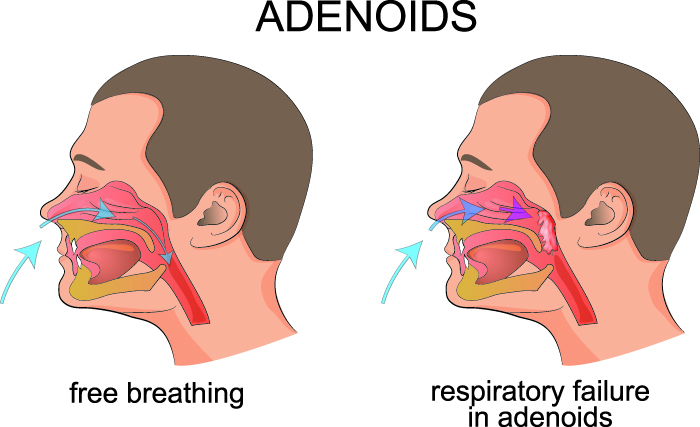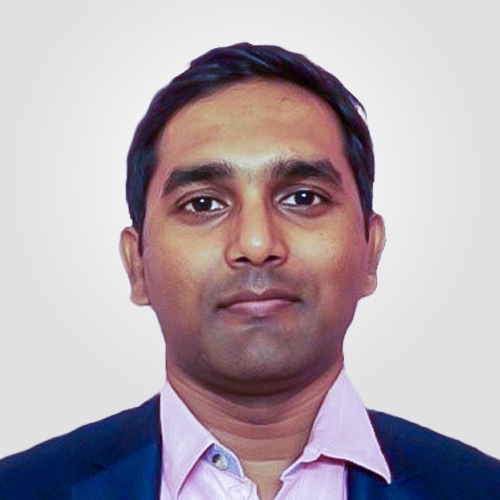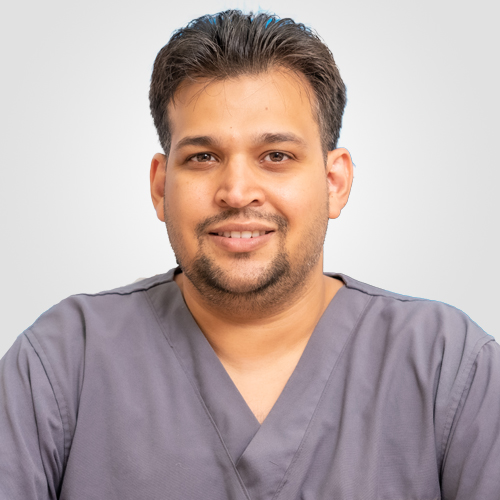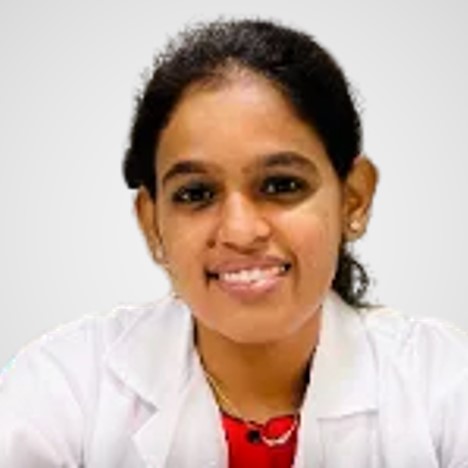Best Adenoidectomy Treatment & Diagnostics in Sadashiv Peth, Pune
Adenoidectomy is a procedure performed in children to remove the adenoids. It is usually performed under anesthesia if the child has any problems involving the adenoid glands. The procedure is commonly performed along with tonsillectomy.
What is adenoidectomy?
Adenoidectomy is a surgical procedure where the adenoid glands are removed. The adenoid glands are small glands that are located in the throat, right behind the nose and the roof of the mouth. These glands play an important role in the body’s immune system. The adenoid glands are present during birth and childhood but shrink and vanish through adolescence. As adults, these glands would have disappeared.
These glands can be removed in conditions where they hinder other functions and cause pain.

What are the conditions where adenoids need to be removed?
The main conditions for which the doctor might recommend removal of adenoids are:
- Enlarged adenoids: the gland might become infected and swollen, leading to difficulty in breathing. Sometimes, the gland might become enlarged even without an infection. The enlarged gland could result in sleep apnoea or snoring.
- Chronic ear infections: sometimes the child may face chronic ear infections, with the build-up of fluid, earache, infections that do not respond to any antibiotics, and lead to poor hearing quality.
If your child experiences any of these problems, it is recommended to make an appointment with the doctor as soon as possible.
Request an appointment at Apollo Spectra Hospitals, Pune
Call 1860-500-2244 to book an appointment
What is the procedure in an adenoidectomy?
When your child is to undergo an adenoidectomy procedure, these are the general procedures that would take place:
- The child would be put under general anaesthesia so that no pain or discomfort is felt. They would be sleeping through the procedure. For this, the doctor will give a set of instructions that are essential. A week before the surgery, the child should refrain from some medications which include blood thinners (like aspirin). The child should avoid all food and fluids from the previous night of surgery. The doctor may also give some medications so that there is no discomfort.
- The surgeon uses an instrument to first view the nasal cavity and the throat. The adenoids are usually accessed through the throat. This eliminates the need for any incisions.
- Then, the adenoid tissue is removed either with a spoon-like instrument called a curette or an electrical instrument. The electrical instrument prevents excessive bleeding. The doctor may also use a radiofrequency ablator.
- After removing all the adenoid tissue, the absorbent packing material is placed to reduce bleeding. The child can go home on the same day after a few hours’ rest. The doctor may test if the child is able to breathe and swallow without any discomfort.
- Most cases of adenoidectomy are done along with tonsillectomy. This is called tonsilloadenoidectomy.
Are there any risks and complications of adenoidectomy?
Adenoidectomy is a common procedure that usually doesn’t involve too much of a risk. However, like any other surgical procedure, there are few risks and complications that may arise.
Some of the common ones are:
- Reaction to anaesthesia
- Difficulty in breathing during anaesthesia
- Risk of bleeding during surgery
- Infection
There are also a few side effects after the surgery:
- Fever
- Nausea
- Vomiting
- Difficulty in swallowing
- Ear pain
- Sore throat
Conclusion:
Adenoidectomy is a common procedure, often performed on children. This procedure is the solution of choice when the child has breathing issues due to enlarged adenoids, chronic ear infections, and infections involving the adenoids. The procedure is simple and almost all patients have a complete recovery after the procedure.
The child can be taken home on the day of the surgery itself. Complete recovery takes up to 1 to 2 weeks
Home care of the child after surgery is very crucial. Since the throat is vulnerable, only soft foods like mashed potato, yogurt, scrambled eggs, juices, smoothies are to be given. Avoid foods that are acidic, hot, and spicy, hard, and rough. Also, avoid high-fat dairy as they tend to thicken the mucus. The doctor would also prescribe medication for pain which is to be followed.
In most cases, the gland will not grow back, but in some rare cases, it could. This does not pose any problem. It can be removed again if required.
Symptoms
Our Doctors
DR. SHIVPRAKASH MEHTA
MBBS, MS (ENT)...
| Experience | : | 15 Yeras Experience |
|---|---|---|
| Speciality | : | ENT, Head and Neck S... | Location | : | Sadashiv Peth |
| Timings | : | Mon - Sat: 1:00 PM t... |
DR. SUSHRUT DESHMUKH
MBBS, MS (ENT)...
| Experience | : | 13 Yeras Experience |
|---|---|---|
| Speciality | : | ENT, Head and Neck S... | Location | : | Sadashiv Peth |
| Timings | : | Mon - Sat: 2:30 PM t... |
DR. DIVYA SAWANT
MBBS, DLO, DNB (ENT)...
| Experience | : | 7 Yeras Experience |
|---|---|---|
| Speciality | : | ENT, Head and Neck S... | Location | : | Sadashiv Peth |
| Timings | : | Wed, Fri : 4:00 PM t... |
Our Top Specialities
NOTICE BOARD
CONTACT US
CONTACT US
 Book Appointment
Book Appointment





.svg)
.svg)
.svg)
.svg)








